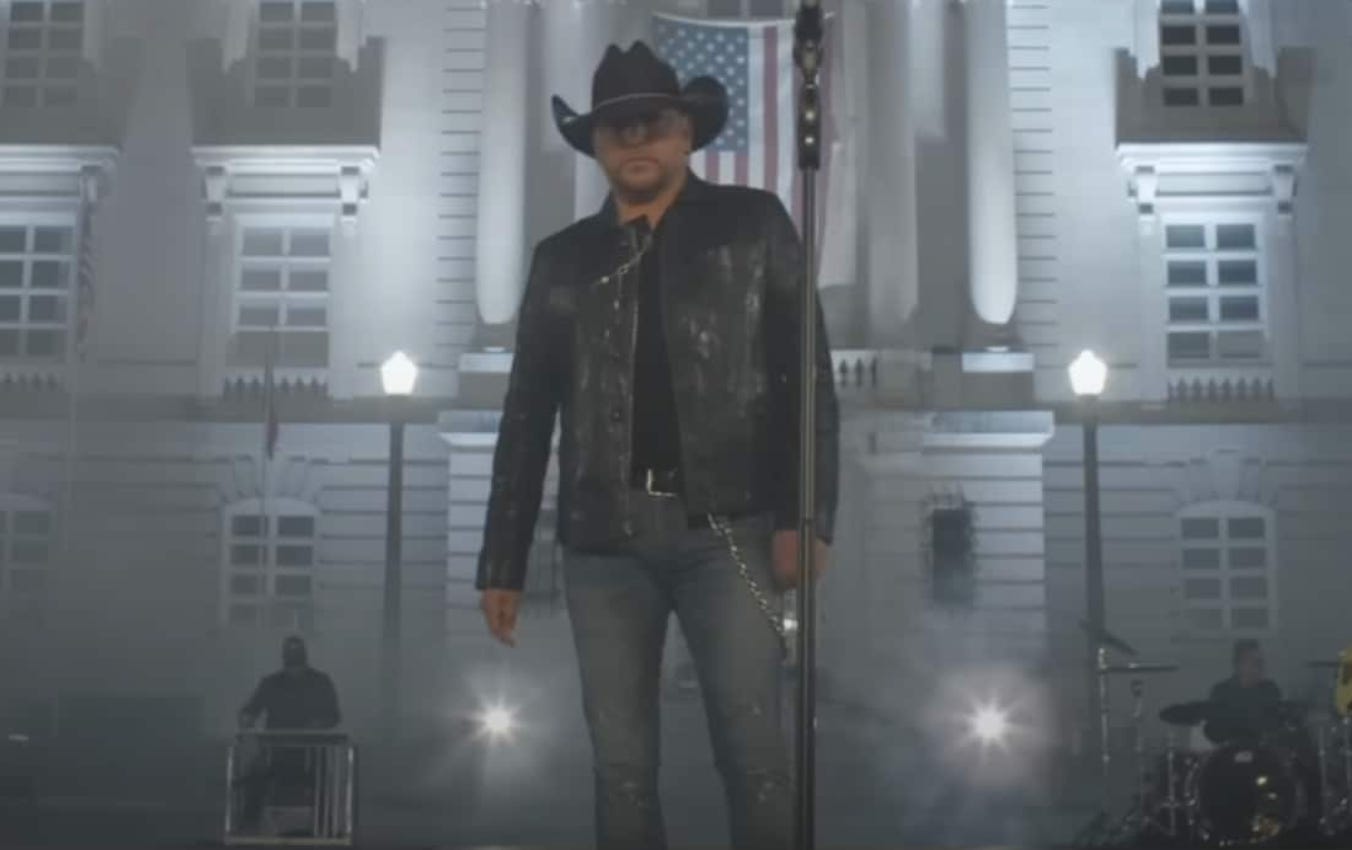‘Try That in a Small Town’ is culture-war fodder at its absolute dumbest
So, respect the cops and the flag when they’re being protested by people in cities, but stand your ground when the same authorities come after your guns? Got it.
Last month, the Country Music Television cable channel removed the video for Jason Aldean’s “Try That in a Small Town” from its programming. CMT did not say why, but the song and video contain imagery and lyrics widely perceived as racially charged, and the clip shows Aldean’s band performing in front of a courthouse in Tennessee that was the site of an infamous lynching of a Black man in the 1920s.
Aldean responded to the video’s removal, naturally, by claiming to be a victim of “cancel culture.” He later told a concert audience in Ohio: “Cancel culture is a thing. If people don’t like what you say, they try and make sure they can cancel you, which means try and ruin your life, ruin everything.”
If indeed there is a whole culture that exists to silence artists whose work, behavior or views are deemed socially unacceptable, it does not seem very effective. Last week, “Try That In a Small Town” rocketed to No. 1 on the Billboard Hot 100 pop singles chart thanks to the video controversy. (The single itself had been out since May.) Until last week, the top song in America was “All Night” by Morgan Wallen, a fellow “canceled” performer whose own blacklisting — after being recorded using a racial slur — consisted of 14 weeks atop that same chart.
Wallen was at least an unintentional political figure; Aldean all but pleads for a frontline position in the culture war, as “Try That in a Small Town” plunges headfirst into the perceived urban-rural schism that animates so much of our discourse.
The first verse depicts city life as a gauntlet of carjackings, liquor-store robberies and molotov cocktails, where people will “Cuss out a cop, spit in his face” while burning the American flag.
Small-town folk, meanwhile, “take care of our own,” as shown in a montage of touch football, duck hunting, flag raising and corn harvesting, while the sun rises over a church steeple. Not pictured, but surely in that tableau somewhere, are apple pies cooling on window sills.
Aldean seems to mean “take care of” more so in the Mafia sense, because his prototypical small town is full of “good ol’ boys, raised up right” to beat the living shit out of anyone disrespectful enough to “cross that line.”
Verse two introduces a first-person character who “Got a gun that my granddad gave me,” but is worried because “They say one day they're gonna round (them) up.” He continues: “Well, that (expletive) might fly in the city,” but good luck doing it in Anytown, USA.
The song’s position on law and order is confusing. Whenever “they” start rounding up guns — which, to be clear, are dangerous in cities but OK when inherited from grandparents — the people taking everyone’s weapons definitely will be law enforcement officers operating under the symbolic force of the American flag.
So, respect the cops and the flag when they’re being protested by people in cities, but stand your ground when the same authorities come after your guns? Got it.
What about those “good ol’ boys”? If we don’t want riots in cities, why would anyone be OK extrajudicial mobs of local yahoos enforcing unwritten laws in small towns? Is it supportive of the police to try to do their jobs for them?
Aldean did not himself write the song, but all the gun rhetoric is still a curious choice for the artist who was onstage at an outdoor concert in Las Vegas in 2017 when a man in a nearby hotel opened fire on the crowd with an automatic weapon, killing 60 people and wounding hundreds more in the deadliest mass shooting in American history.
Granted, “Try That in a Small Town” is not built to withstand all the scrutiny it has generated. It’s dumb, but no dumber than the idea that big cities and small towns exist on either side of a moral binary. Still, there is a long and troubling tradition of pop culture that has profitably stoked and exploited urban-rural animosity. This is not exclusive to country music, but that’s usually where the message is received most eagerly. For “Try That In a Small Town” to have found such a welcoming audience is depressing, if not surprising.
Originally published here.




